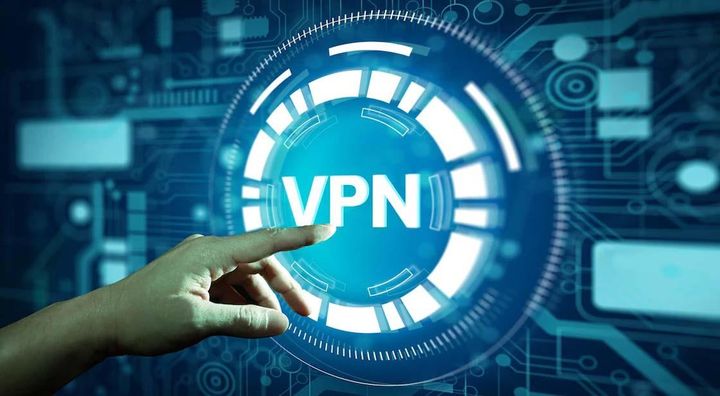
Choosing the Right VPN for Remote Work and Security
The rise of remote work has brought a new challenge: protecting sensitive data on unsecured networks. This is where Virtual Private Networks (VPNs) come in. A VPN encrypts your internet traffic, safeguarding your connection and cloaking your IP address from prying eyes. But with so many VPN options available, choosing the right one can be tricky.
What is a VPN and How Does it Work?
Imagine a VPN as a secure tunnel for your data. It reroutes your internet traffic through a remote server, hiding your original IP address and encrypting your data transmission. This makes it virtually impossible for hackers or anyone else to snoop on your activity, steal information, or track your location.
Why Use a VPN for Remote Work?
- Enhanced Security: Public Wi-Fi networks are notoriously risky. A VPN protects you from potential data breaches and ensures safe browsing, file sharing, and video conferencing.
- Data Privacy: When you use a VPN, your online activity remains anonymous. This is crucial for remote workers handling sensitive company data.
- Unrestricted Access: Geo-restricted content becomes accessible with a VPN. You can connect to servers worldwide, potentially enabling access to work tools or information unavailable in your region.
- Thwart Bandwidth Throttling: Some internet service providers (ISPs) throttle bandwidth for data-intensive activities. A VPN masks your online activity, preventing ISPs from throttling your connection and ensuring smooth remote work performance.
Choosing the Right VPN: Essential Features
- Strong Encryption: Look for a VPN that uses AES-256 encryption, the industry standard for data security.
- Server Network: A wider server network translates to more connection options and potentially better access to geographically restricted content.
- Connection Speed: Remote work often involves video calls, file transfers, and other bandwidth-intensive tasks. Choose a VPN known for fast connection speeds.
- User-Friendly Interface: A VPN with a simple and intuitive interface makes it easy to connect, switch servers, and manage your settings.
- No-Logs Policy: Opt for a VPN with a strict no-logs policy that guarantees they don't track or store your online activity.
Setting Up Your VPN for Remote Work:
- Choose a VPN Provider: Prioritize security, speed, and server availability. Popular options include ExpressVPN, NordVPN, Surfshark, and CyberGhost.
- Download the App: Install the VPN app on your device (Windows, macOS, iOS, or Android).
- Log In and Connect: Sign in to your VPN account, choose a server location, and connect. Your internet traffic is now encrypted and your IP address is hidden.
- Customize Settings: Some VPNs offer additional features like automatic connection or a kill switch for enhanced security.
The Global Rise of VPNs for Remote Work
The use of VPNs is surging globally. Countries like the Czech Republic and Japan, where remote work is prevalent, have witnessed a significant increase in VPN adoption. Governments are acknowledging the importance of VPNs for cybersecurity, emphasizing legal support for VPN usage in line with data protection regulations. This trend reflects the growing need for online security in our increasingly digital world.
Conclusion:
In today's remote work landscape, a VPN is an essential tool. It safeguards your data, protects against cyber threats, and potentially unlocks access to geographically restricted content. Choose a VPN provider with robust security features, fast speeds, and a user-friendly interface to secure your remote work environment. Remember, your data's security is paramount. Start protecting your work today with a reliable VPN solution.










